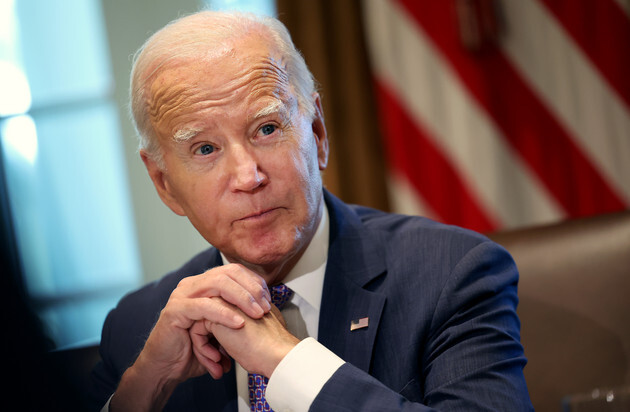Biden’s Balancing Act at APEC – Juggling Acts or Dropping the Ball?
In a whirlwind of foreign and domestic challenges, President Joe Biden embarks on a four-day visit to San Francisco for the Asia-Pacific Economic Cooperation (APEC) summit. While the anticipated meeting with Chinese President Xi Jinping takes center stage, the Biden administration aims to showcase its capacity to multitask on a global scale. However, critics argue that this attempt to project strength is, in reality, a display of an administration spread too thin.
The administration’s ambitious agenda includes addressing the U.S.-China relationship, managing the Israel-Hamas conflict, and securing additional funding for the Ukrainian effort against Russia. White House national security adviser Jake Sullivan assures the public that Biden’s focus extends beyond the high-profile meeting with Xi. Still, skeptics question whether such a broad agenda can be effectively managed, especially considering the complexities of each issue.
The APEC summit serves as the backdrop for Biden’s economic vision for the Asia-Pacific region. The White House aims to position the U.S. as a key driver of sustainable economic growth in the area, emphasizing its commitment to the region amid growing concerns about China’s influence. However, doubts persist about the efficacy of the administration’s Indo-Pacific Economic Forum (IPEF), a strategy designed to counter Beijing’s economic strength in the region.
While the Biden administration touts its commitment to the Pacific, critics argue that the withdrawal from the Trans-Pacific Partnership (TPP) under the Trump administration has left the U.S. playing catch-up in the region. Some APEC members express tepid interest in the IPEF, highlighting the need for the Biden administration to create more substantial access to U.S. markets.
Adding to the administration’s challenges, President Biden welcomes Indonesian President Joko Widodo to the White House amid criticism of Israel’s actions in the Gaza Strip. The contrast in their stances on the Israel-Hamas conflict raises questions about the Biden administration’s ability to navigate divergent opinions within the APEC summit.
The push for a joint declaration at the conclusion of the summit faces hurdles due to varying views among member nations on the Israel-Hamas and Ukraine conflicts. The potential for a government shutdown further complicates matters, with House Speaker Mike Johnson proposing a stopgap measure that excludes crucial funding requested by Biden for Israel, Ukraine, and the U.S.-Mexico border.
As the Biden administration attempts this high-stakes balancing act, critics argue that the risk of spreading resources too thin jeopardizes the effectiveness of U.S. diplomacy. The looming specter of a government shutdown adds an additional layer of uncertainty to an already complex situation. Whether President Biden can successfully navigate these challenges and demonstrate American leadership remains to be seen, but the stakes are undoubtedly high.






